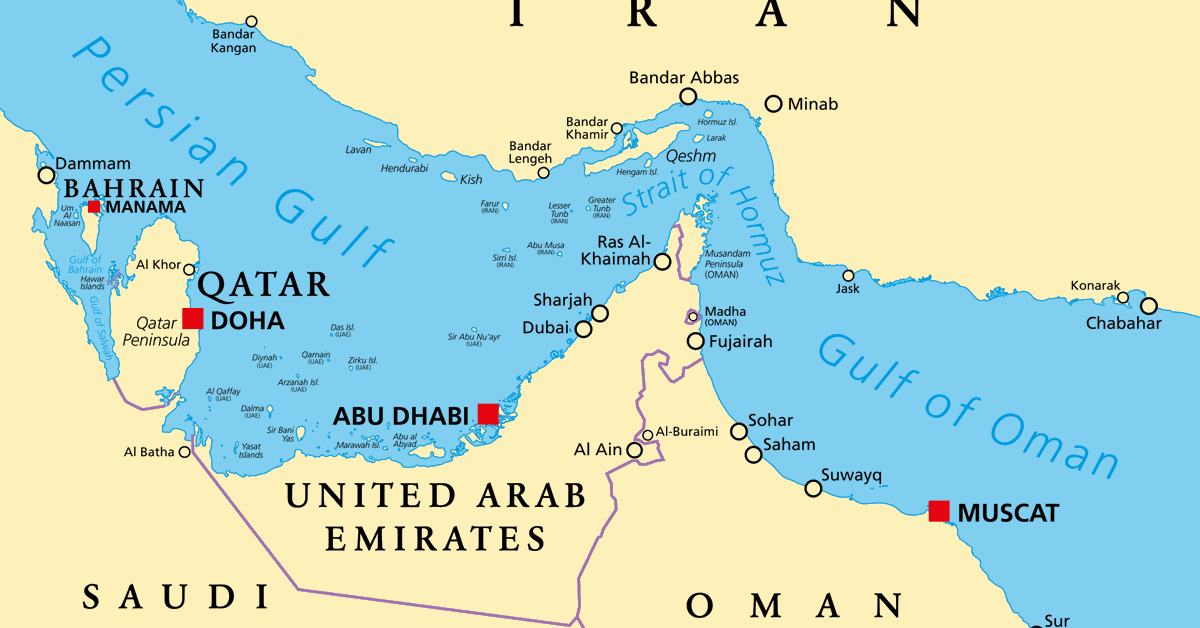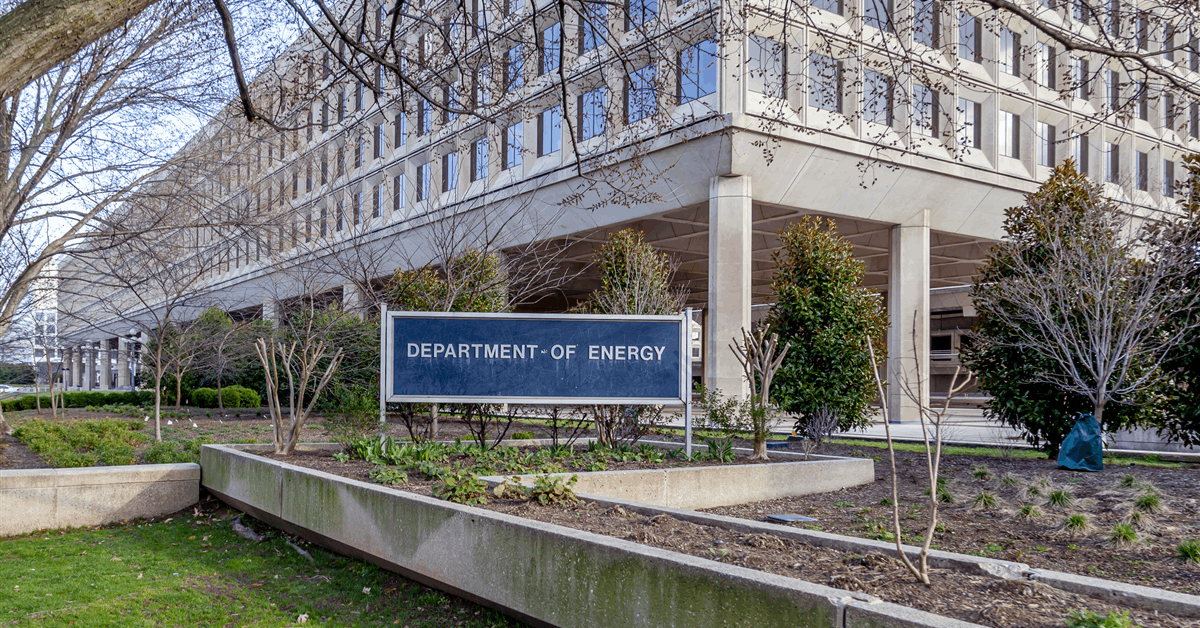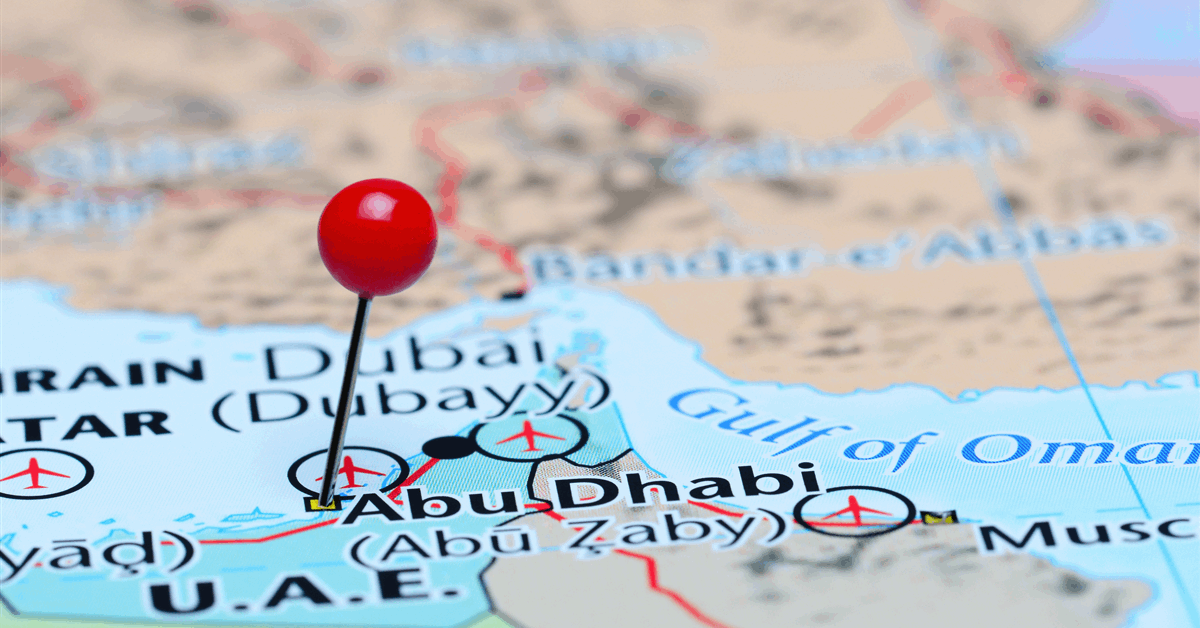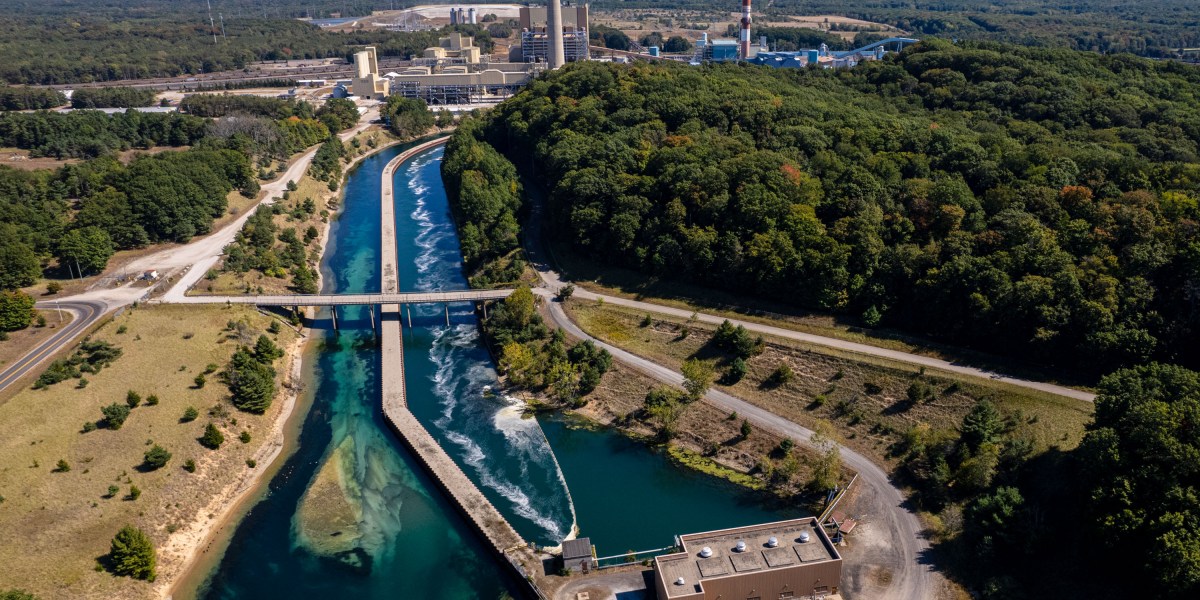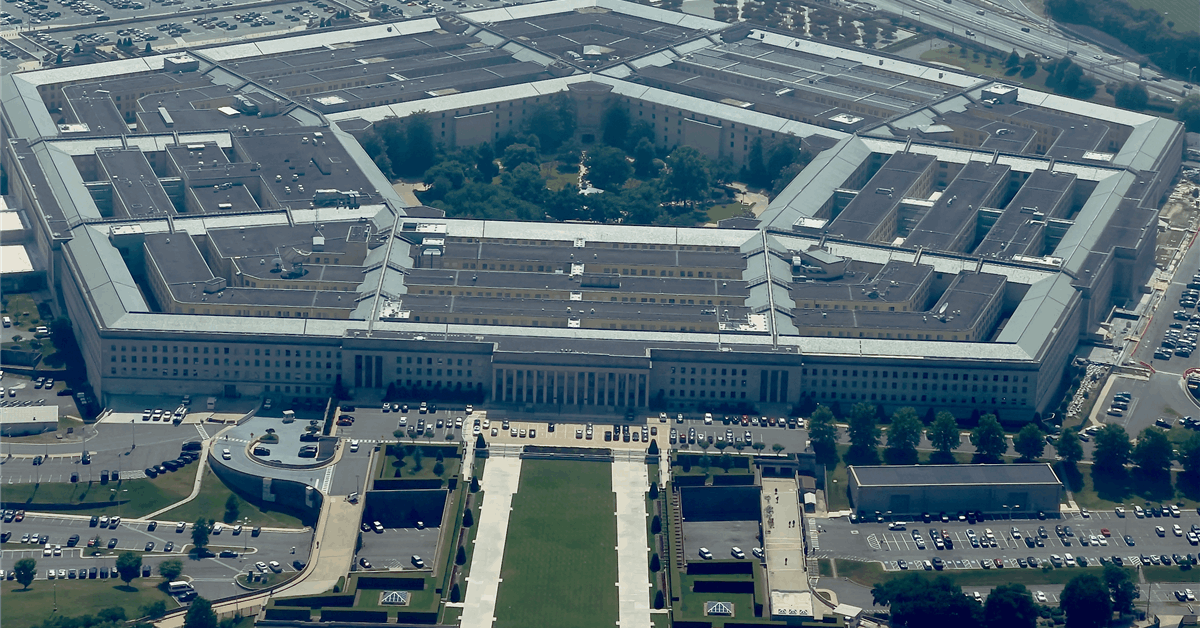
Senior US officials are preparing for the possibility of a strike on Iran in the coming days, according to people familiar with the matter, a sign that Washington is assembling the infrastructure to directly enter a conflict with Tehran.
The situation is still evolving and could change, said the people, who requested anonymity to discuss private talks. Some of the people pointed to potential plans for a weekend strike. Top leaders at a handful of federal agencies have also begun getting ready for an attack, one person said.
President Donald Trump has for days publicly mused about calling for such a strike on Iran, which has been engaged in a war with Israel for nearly a week.
Trump told reporters at the White House Wednesday he has “ideas as to what to do” and that he prefers to make the “final decision one second before it’s due” because the situation in the Middle East is fluid.
A few hours earlier Trump said, “I may do it. I may not do it,” when asked if he was moving closer to attacking Iran.
A White House official said that all options remain on the table.
Asian stocks extended declines following the news of the preparations, with a gauge of regional equities sliding as much as 0.7 percent.
Rhetorical shift
The president’s openness to war is a reversal from his public remarks a week ago when Trump was urging diplomatic talks to reach a nuclear disarmament deal with Iran.
Waiting a few days to strike gives Iranian leaders additional runway to demonstrate to Trump that they are willing to give up some uranium enrichment capabilities in order to deter a US attack.
Iranian Foreign Minister Abbas Araghchi said in a social media post earlier Wednesday that his country remained “committed to diplomacy” and has never sought and would never seek nuclear weapons.
Foreign ministers from the UK, France, and Germany are planning to hold nuclear talks with their Iranian counterpart on Friday in Geneva, according to a person familiar with the matter.
Trump’s rhetoric has shifted significantly in recent days as allies have impressed upon him that Iran is close to obtaining a nuclear weapon. Senator Lindsey Graham of South Carolina has been a central voice urging the president to consider military action, according to people familiar with the discussions. Trump has had multiple calls with Graham, the people said.
“He gave them a chance for diplomacy. I think they made a miscalculation,” Graham said of Iran on Wednesday. “The sooner we end this threat to mankind, the better.”
Graham, who said he spoke with Trump on Tuesday, said the president is “very focused, very calm” and “means it” when he says he doesn’t want Iran to control a nuclear weapon.
Foreign Wars
Trump for years has called for the US to stay out of foreign conflicts and campaigned on a message that he would prevent another World War and focus on domestic issues.
Trump said he encouraged Benjamin Netanyahu in a call Tuesday to “keep going” with his offensive operations, adding that he gave the Israeli premier no indication that US forces would participate in the attacks.
Since Israel’s strikes started, Iran has fired 400 ballistic missiles and hundreds of drones at Israel, killing 24 people and injuring more than 800, according to the Israeli government. At least 224 Iranians have been killed by Israel’s attacks.
Meanwhile, Israel’s campaign showed no signs of letting up, as the military warned Iranian civilians to evacuate the Arak-Khondab region, a strategically significant area in central Iran home to some of the country’s most critical nuclear infrastructure, including the Arak heavy water reactor.
Arak has long been the focus of international scrutiny due to its potential role in plutonium production, which could potentially be used in future nuclear weapon production if reprocessing capabilities were developed.
“Your presence in those areas puts your life at risk,” the Israeli military wrote in a notice posted to social media accounts in Farsi, similar to others that have preceded air strikes.





